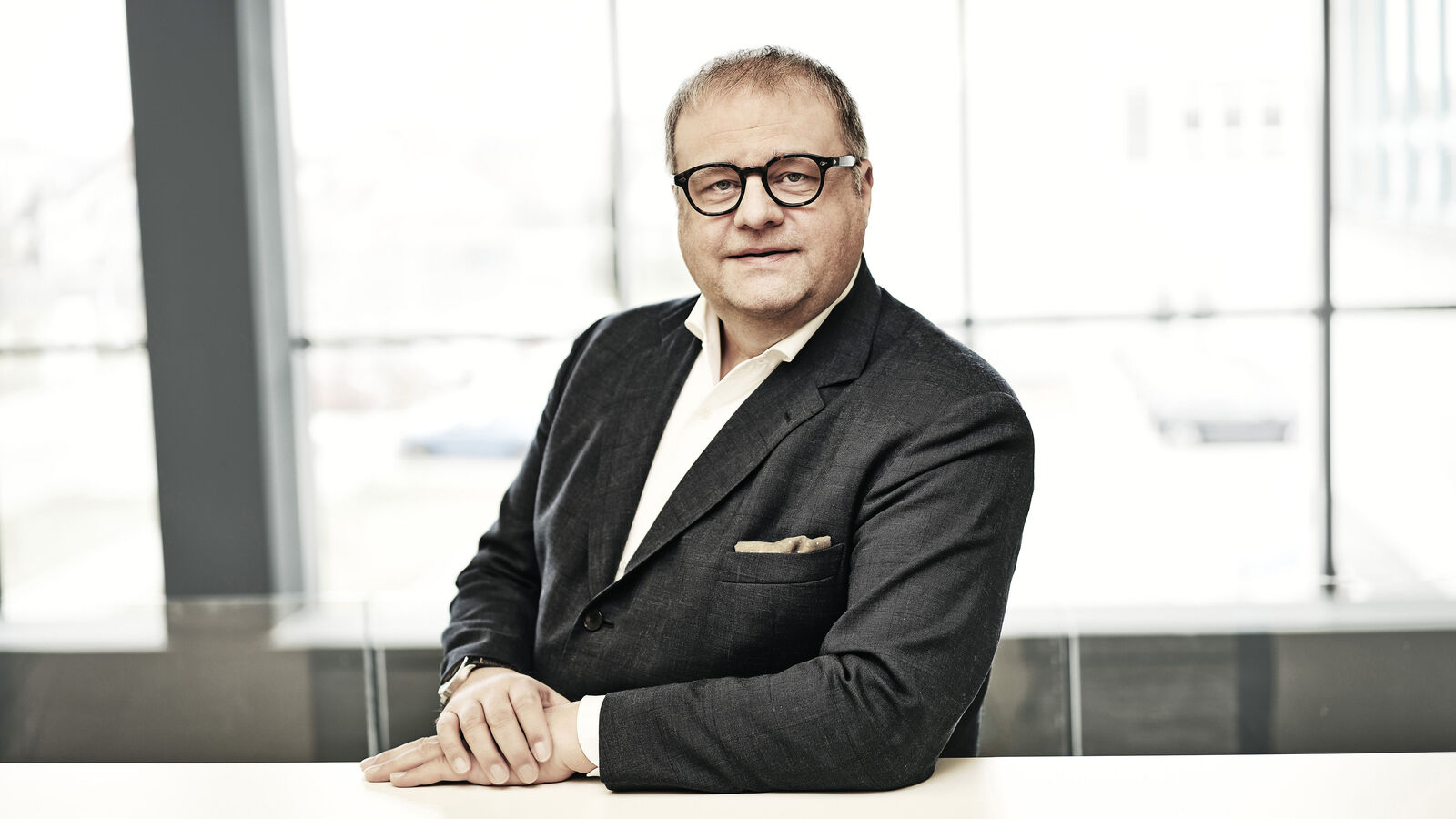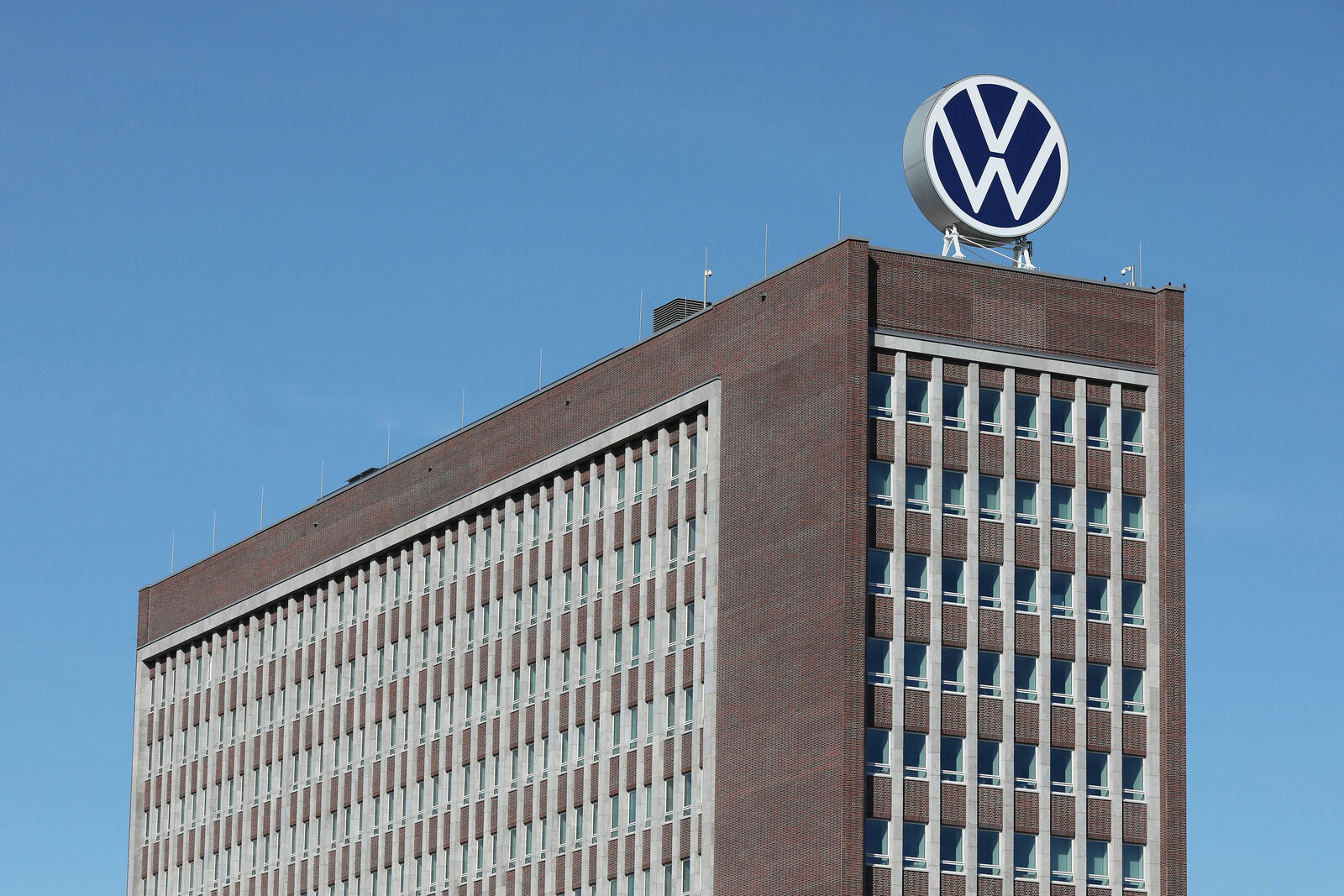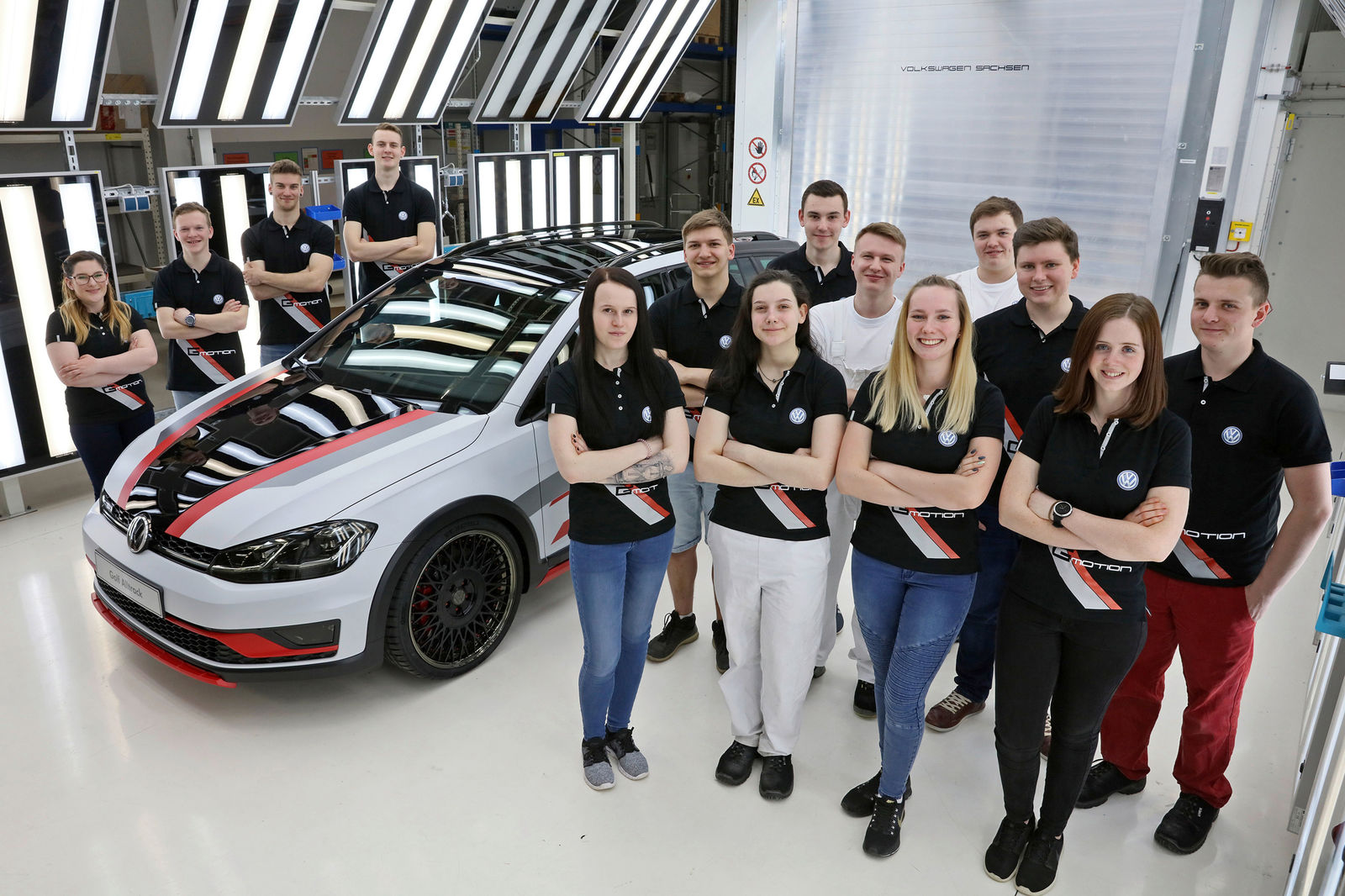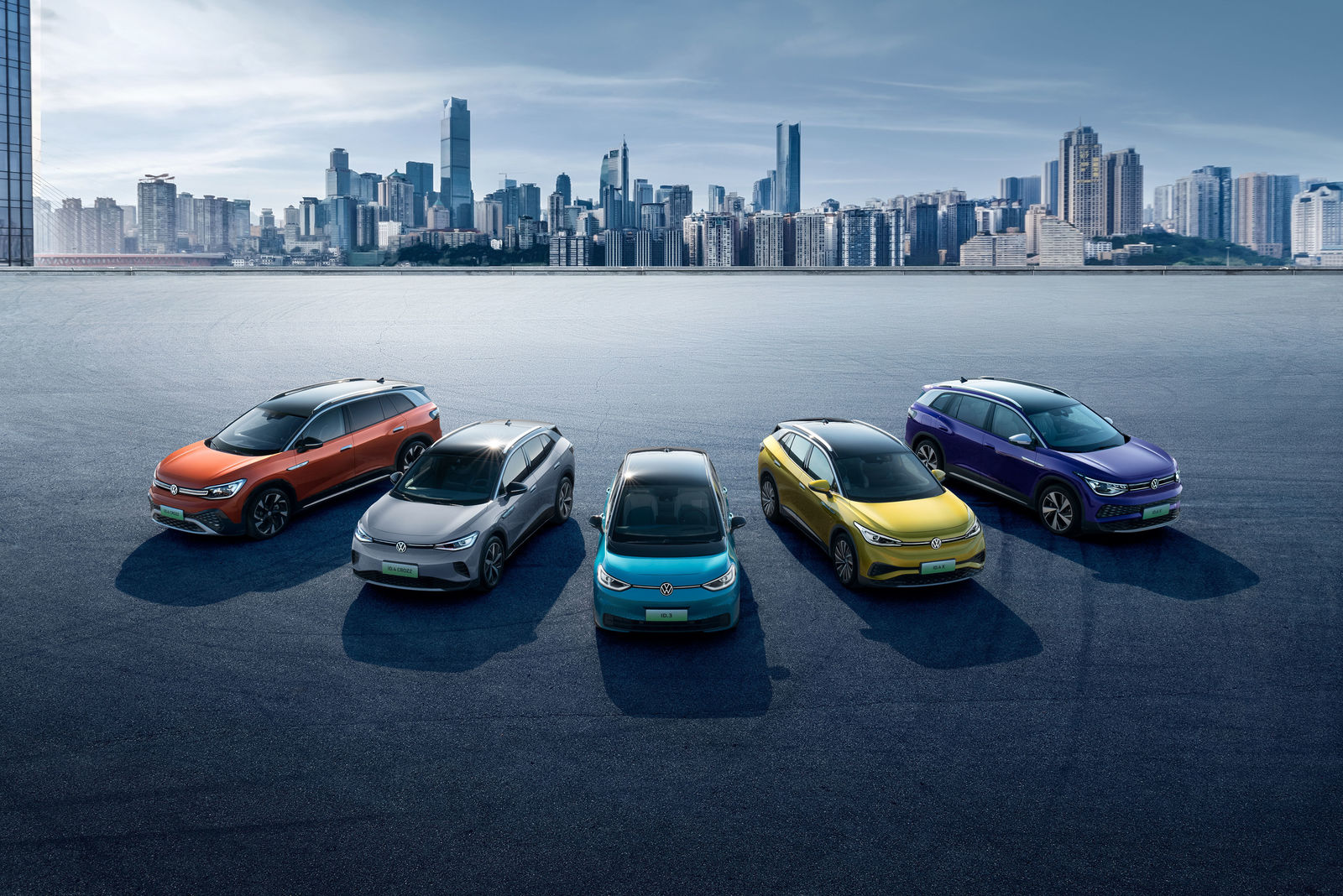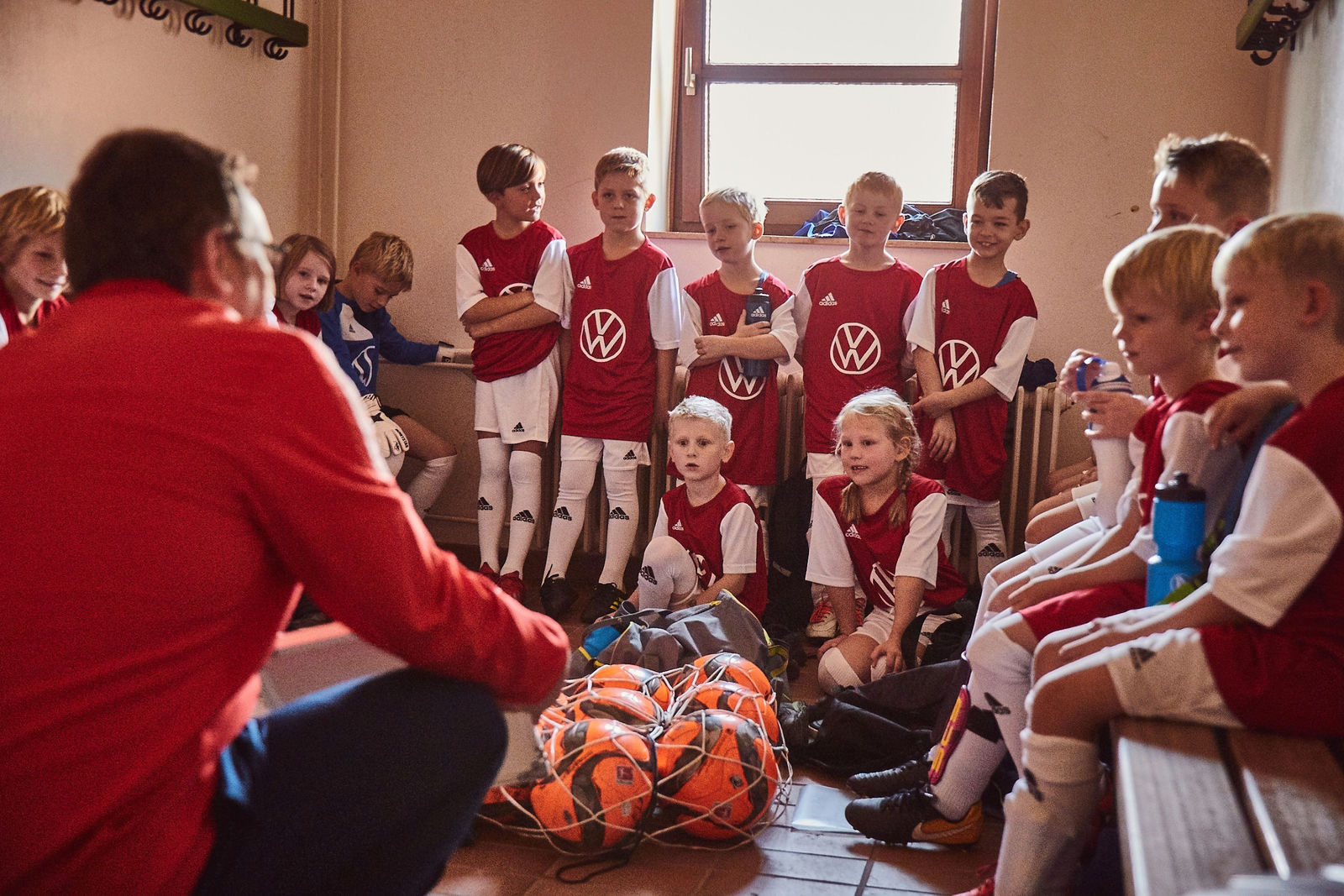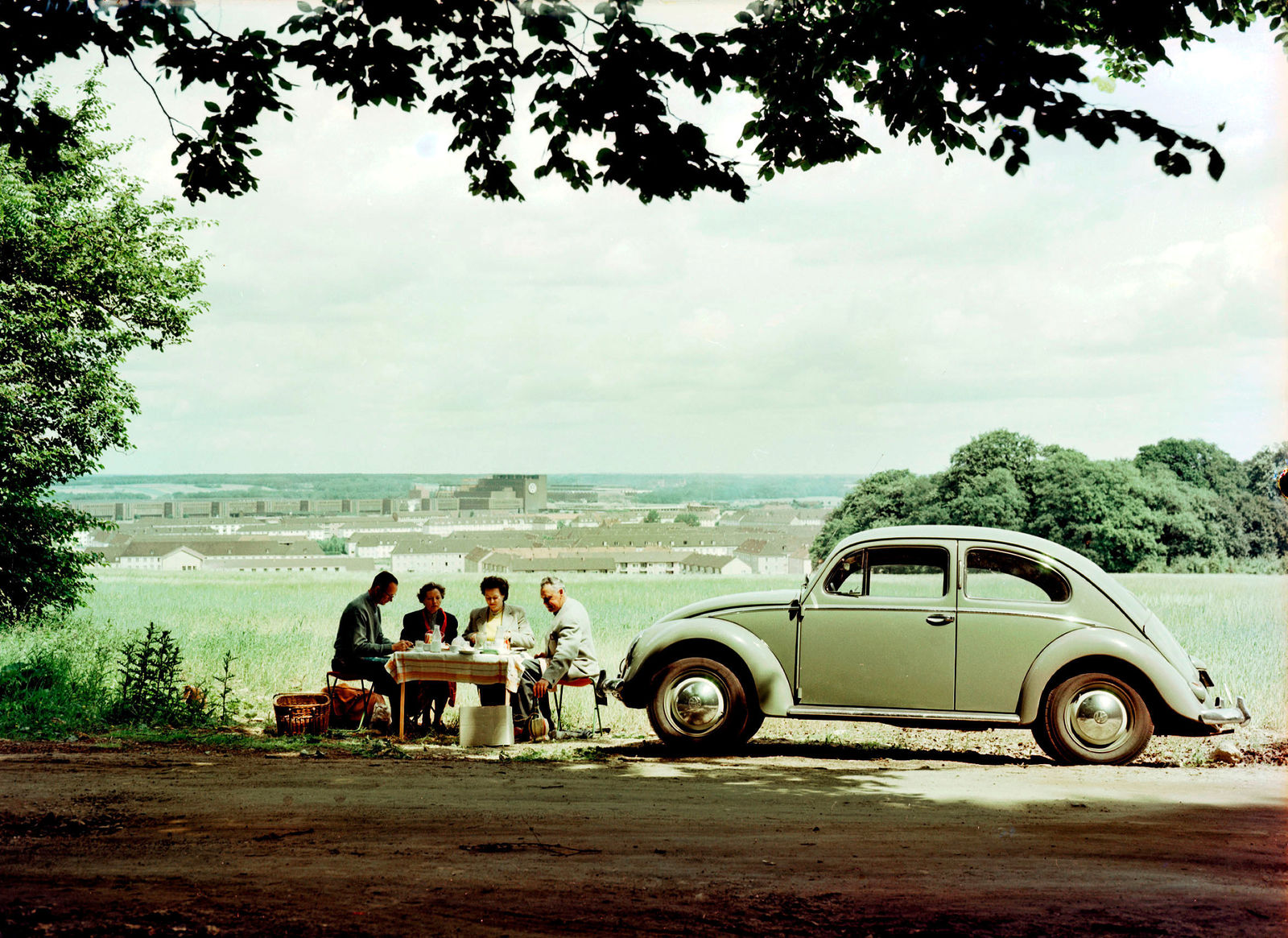The Zwickau vehicle plant is now taking on the role of central competence centre for the circular economy within the Volkswagen Group. In Zwickau, new business areas in the circular economy will be examined for economic viability, standards will be set and the knowledge gained will be made available to other locations worldwide. Volkswagen plans to invest a total of up to 90 million euros in the site over the next few years. The Free State of Saxony is funding the overall project with up to 10.7 million euros. In addition to its central function, Zwickau will initially start with the systematic disassembly of vehicles to recover valuable raw materials and reuse components. A gradual increase in capacity to 15,000 vehicles per year is planned by 2030. The implementation of the circular economy at the Zwickau site was decided during collective bargaining negotiations in December 2024.







